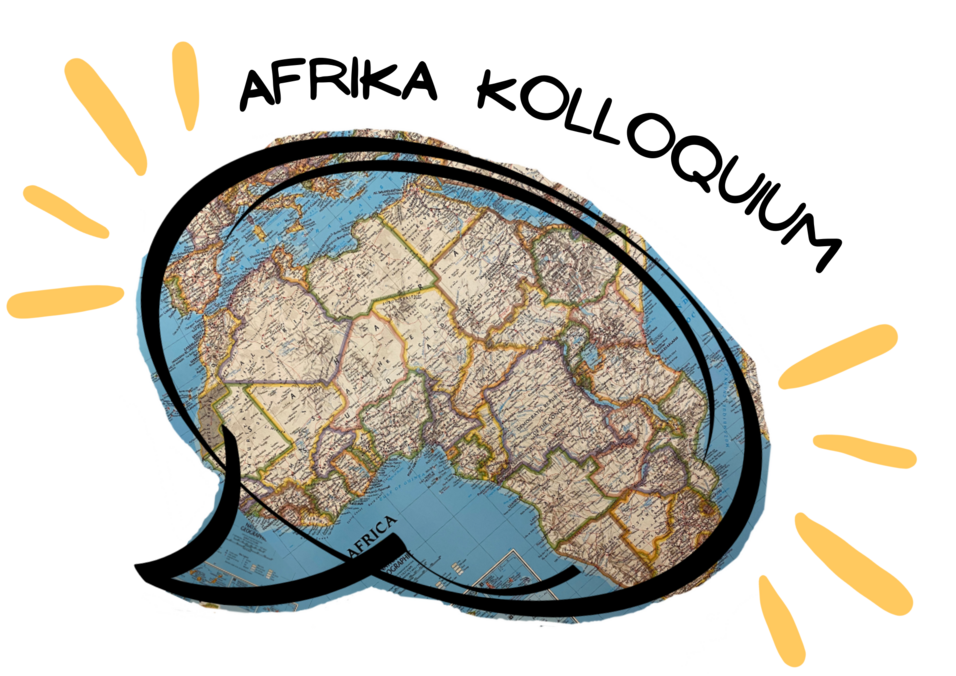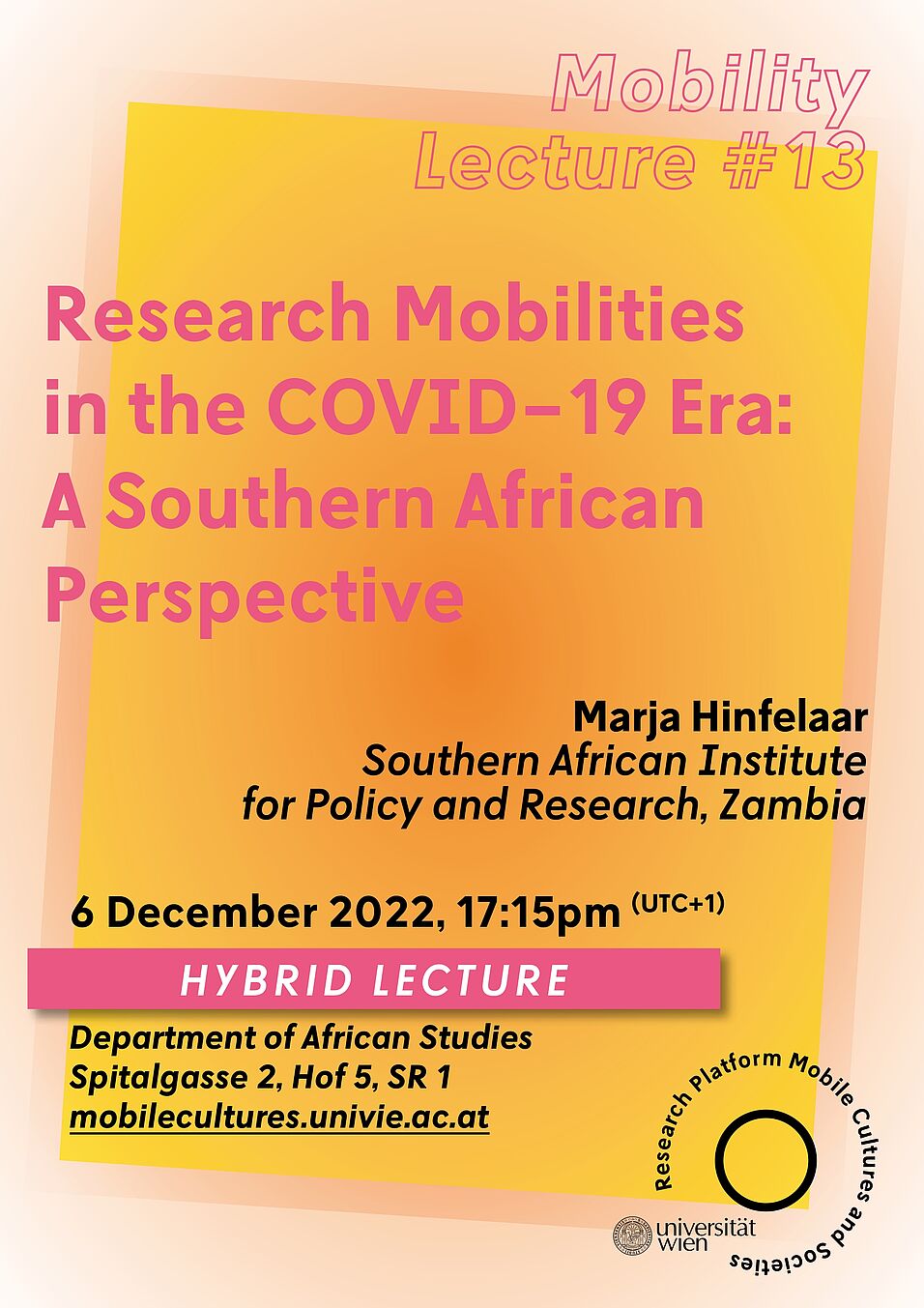The COVID-19 pandemic hastened a process that was already under debate, namely the reshaping of north-south cooperation in the academic world. The lack of physical mobility led to a virtual academic mobility, in which physical presence was no longer a requirement to take part in conferences, seminars and journal board meetings. It reignited the debate on knowledge co-production, knowledge construction and the role of the local research assistant. The increased research demands on the south during the pandemic to fill the fieldwork void led to an increased competition on the ground, but also resulted in an enhanced regional cooperation. This lecture uses the pandemic-era experience of a research institute in Zambia to add on a Southern African perspective to illuminate these dynamics.
Marja Hinfelaar, PhD, is Director of Research and Programmes at the Southern African Institute for Policy and Research (SAIPAR), Lusaka, Zambia. She is the co-editor of One Zambia, Many Histories. Towards a History of Post-colonial Zambia (Brill, Leiden 2008), Living the End of Empire. Politics and Society in Late Colonial Zambia (Brill, Leiden, 2011), amongst others. For 10 years, she was based at the National Archives of Zambia. She is a member of the editorial board of the Journal of Southern African Studies and Zambia Social Science Journal. Marja has been resident in Zambia since 1997.
This talk is organized in cooperation with the Research Platform Mobile Culture and Societies and the doc.funds Cultural Mobility Studies.
Tuesday, 6th December 2022, 5:15 pm
Department of African Studies - Hybrid: Seminar room 1 and online: univienna.zoom.us/j/64388499625
University Campus, court 5.1., Spitalgasse 2, 1090 Vienna
afrika@univie.ac.at, afrika.univie.ac.at


